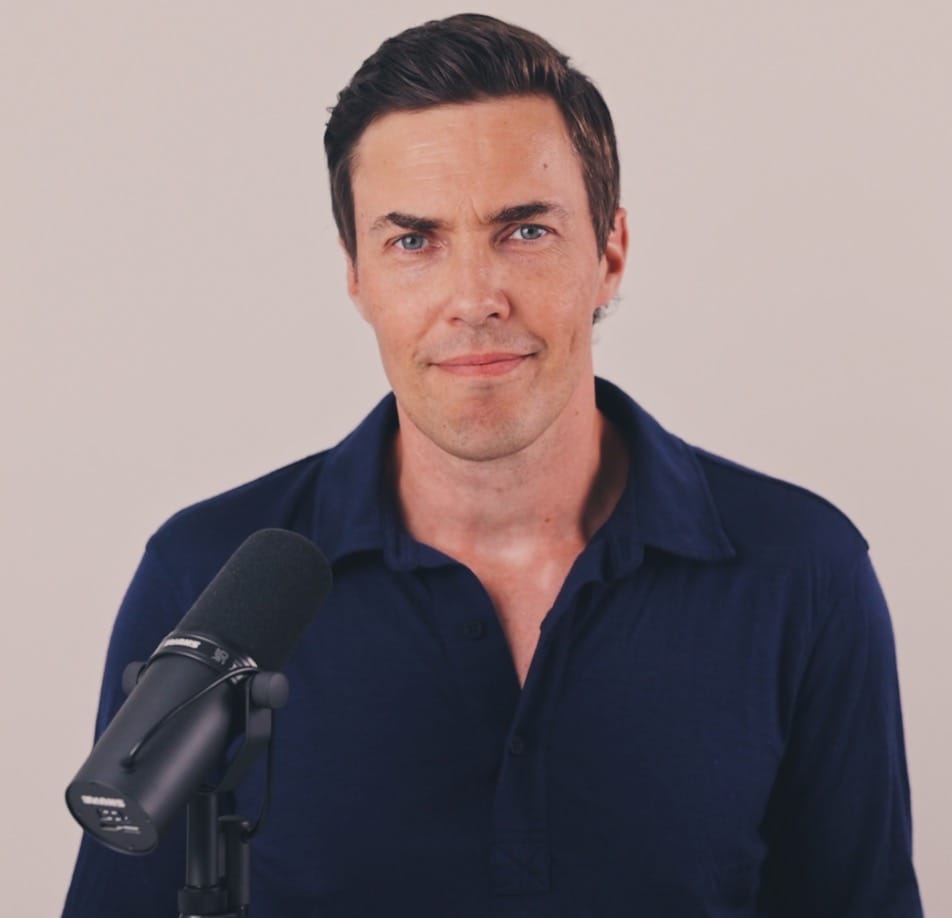The Leadership Shift From Creative Founder To CEO




For most independent agencies, the founder’s story starts the same: a frustrated creative bails on big-agency bureaucracy, rents a WeWork desk, lands a client, and builds a shop around talent and taste. For a while, that works. Charisma, hustle, and creative chops carry the day.
But then payroll grows, margins shrink, and suddenly the founder isn’t just chief creative — they’re chief everything. At $2M, you’re a studio. At $5M, you’re a business. At $10M, you’re either a CEO… or you’re drowning.
The uncomfortable truth: the skills that got you here won’t get you there. The leap from creative founder to CEO isn’t cosmetic — it’s existential. Agencies that don’t make the shift stall, burn out, or implode under the weight of their founder’s bottleneck.
Look at the wreckage: countless boutique shops stuck at $3–5M revenue plateaus, unable to scale beyond the founder’s involvement in every deck. Research from HubSpot shows 66% of agency owners cite “owner dependency” as their biggest growth constraint. Meanwhile, the firms that crack the CEO shift (Focus Lab, Instrument, Mother) build real enterprises — not expensive freelance collectives.
For indie agencies, this is the growth cliff. Stay a “creative founder,” and you’re capped — in revenue, in valuation, and in sanity. Make the CEO leap, and you unlock scale, sellability, and optionality. This isn’t just semantics. It’s the difference between building a job and building an asset.
A founder runs on talent. A CEO runs on systems. The deeper truth: creativity is still the core, but leadership is the multiplier. Without financial fluency, operational discipline, and delegation, the “genius founder” model collapses. As one investor put it: “We don’t buy agencies, we buy management.”
The industry is shifting from personality-driven shops to institutional brands. Clients no longer want “Steve’s agency”; they want resilience, scalability, and continuity. At the same time, talent expects leaders who coach, not dictate. The founder-as-hero narrative is giving way to the CEO-as-builder.
Agencies that make this transition gain leverage. A founder who becomes CEO can:
The opportunity isn’t to abandon creativity, but to lead it at scale — to move from crafting the work to crafting the machine that makes the work.
Learn the Money → Build financial fluency: P&L, margins, cash flow. You can’t lead what you don’t understand.
Systemize or Die → Replace heroics with playbooks: sales, delivery, hiring, reporting.
Hire Your Opposite → Bring in an operator or COO who loves what you hate.
Rebrand Yourself → Stop being the bottleneck creative; become the visionary CEO who sets direction.
Think Exit, Even If You Don’t → Build as if you might sell: clean systems, stable margins, and a business that runs without you.
Bottom Line:
The hardest shift in agency life isn’t winning clients — it’s becoming the leader your business needs. Staying a “creative founder” caps your growth. Stepping into the CEO role multiplies it. The agencies that make the leap will outgrow, outlast, and out-value the ones that don’t.